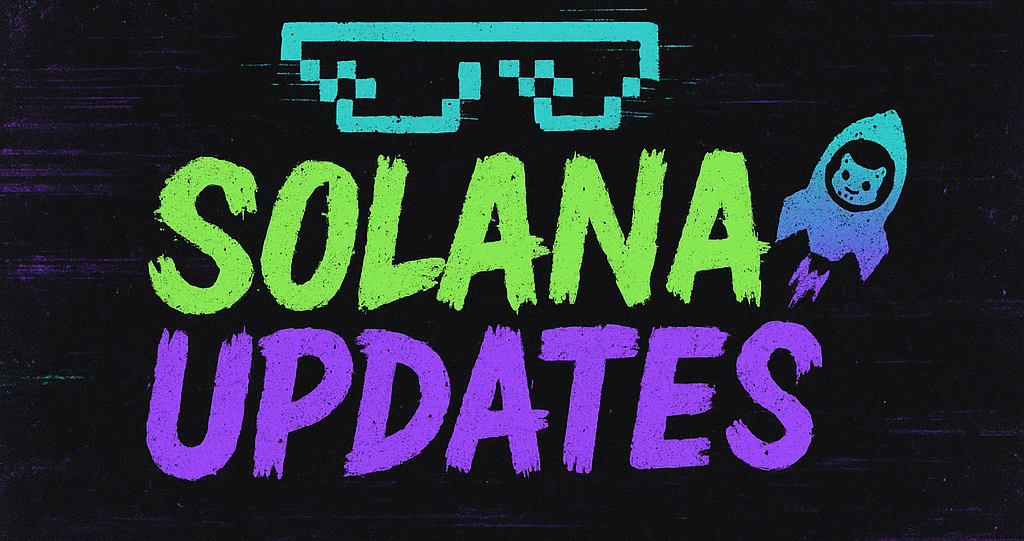In a startling revelation, the CEO of Hyperliquid, Jeff Yan, has raised concerns about the transparency of liquidation reporting by centralized cryptocurrency exchanges. Yan, along with data analytics firm CoinGlass, has highlighted potential discrepancies in how these exchanges report liquidation events, suggesting that the actual figures may be significantly underreported.
Centralized crypto exchanges like Binance have come under scrutiny as the industry grapples with issues of transparency and trust. The core of the issue lies in the reporting systems used by these platforms, which, according to Yan, do not reflect the true scale of liquidations occurring within the crypto market.
Understanding Liquidations
Liquidations occur when a trader’s leveraged position is forcibly closed due to a loss of margin. The frequency and volume of these events are crucial metrics that provide insights into market volatility and risk. Accurate reporting of liquidations is essential for traders, regulators, and analysts who rely on this data to assess market conditions.
Allegations of Underreporting
Both Hyperliquid and CoinGlass have pointed out that current systems employed by major exchanges may be underreporting these events, sometimes by as much as tenfold. Jeff Yan indicated that such discrepancies could be due to a variety of factors, including technical limitations, intentional obfuscation, or systemic errors in the reporting processes.
“The reported figures often don’t match the reality on the ground,” Yan stated. “This discrepancy not only undermines trust in these exchanges but also poses significant risks for traders who rely on accurate data to make informed decisions.”
Impact on Traders and the Market
For traders, underreported liquidations can lead to a false sense of market stability. When liquidation levels are understated, it can mask the underlying volatility and risks inherent in the market. This could lead to traders taking on more risk than they would if they had access to accurate data.
Moreover, regulators and analysts depend on accurate liquidation data to monitor financial stability and systemic risks within the crypto ecosystem. Inaccurate reporting could hinder regulatory oversight and impede efforts to create a more transparent and accountable market environment.
Calls for Greater Transparency
In light of these allegations, there have been renewed calls for increased transparency from centralized exchanges. Industry experts argue that these platforms should adopt standardized reporting protocols and third-party audits to ensure the accuracy of their data. Such measures could help rebuild trust among users and stakeholders.
CoinGlass and Hyperliquid are advocating for a collaborative approach to address these issues, emphasizing the need for industry-wide standards. “Only through collective efforts can we ensure the integrity of the data and the stability of the market,” Yan concluded.
As the crypto industry continues to evolve, the importance of accurate and transparent reporting cannot be overstated. It remains to be seen how exchanges will respond to these revelations and whether they will take the necessary steps to enhance their reporting systems.
🛒 Recommended Product: Check out top-rated crypto gear on Amazon


